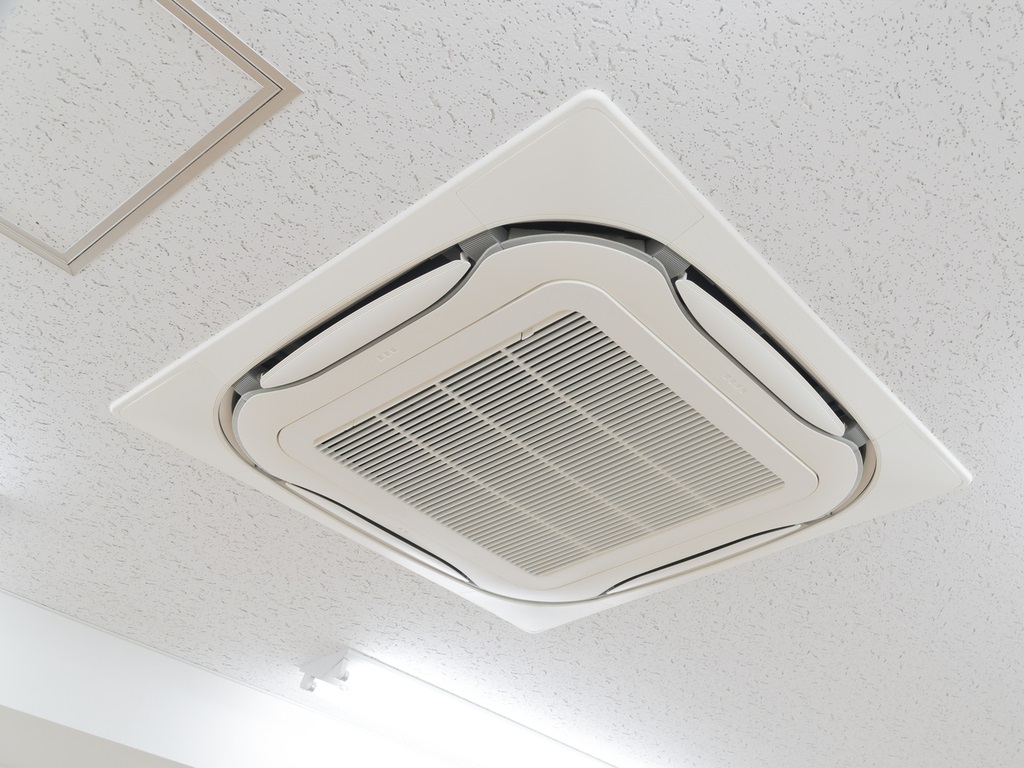When it comes to your new HVAC (Heating, Ventilation, and Air Conditioning) system, one of the most important factors to consider is how to save costs. HVACs can be a significant expense for homeowners, but there are strategies you can implement to minimize your expenses in the long run.
Let’s look at some cost-saving strategies for your new HVAC system.
Maintenance:
Proper maintenance of your HVAC system is important. This can prolong the lifespan of your system and improve its efficiency. Simple tasks such as regularly replacing air filters can go a long way in ensuring your system operates at peak performance. Dirty or clogged filters can restrict airflow, which makes your system work harder and consume more energy. Keeping your filters clean can lower energy consumption and save on utility bills.
Programmable Thermostats:
Another strategy to consider is investing in a programmable thermostat. Programmable thermostats allow you to decide temperature levels for different times of the day. This means you can program your system to automatically adjust the temperature when you are away from home or during the night when you are asleep. By reducing the workload on your HVAC system during these times, you can save on energy costs without sacrificing comfort.
Insulation:
Proper insulation is also key to maximizing cost savings with your HVAC system. Insulation helps to reduce heat transfer, meaning your system doesn’t have to work as hard to maintain a desired temperature. Insulate your home’s walls, windows, doors, and attic to ensure you are not losing warm air in the winter or cool air in the summer. This will lower the amount you spend on energy bills and improve your home’s comfort.
Energy-Efficient HVAC Equipment:
Consider investing in energy-efficient HVAC equipment. Energy-efficient systems consume less energy while providing the same level of comfort. Look for equipment with a high Seasonal Energy Efficiency Ratio (SEER) rating for air conditioners and a high Annual Fuel Utilization Efficiency (AFUE) rating for furnaces. While energy-efficient systems typically have a higher upfront cost, the long-term savings in energy bills can make them a cost-effective choice.
Natural Ventilation:
Don’t forget to take advantage of natural ventilation whenever possible. Opening windows and allowing fresh air in can help reduce the reliance on your HVAC system, especially during moderate weather conditions. It’s an easy and cost-free way to reduce energy consumption and enjoy the benefits of natural air circulation.






